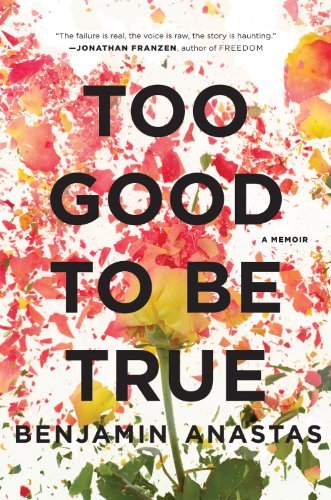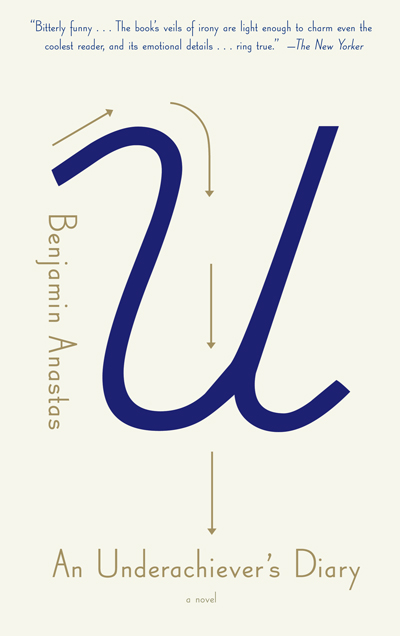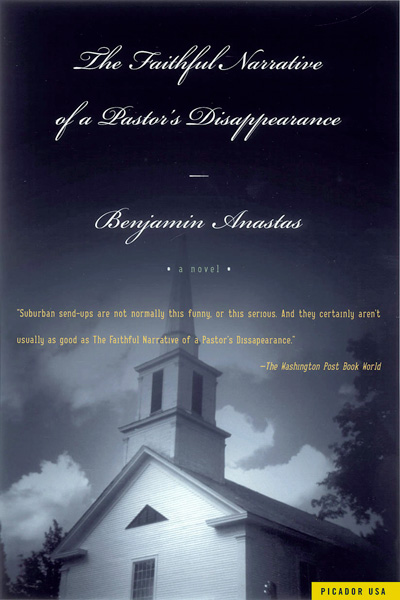In July of last year, when I posted the first “complaint” on this blog, I’d imagined coming back every couple of weeks and sharing the thoughts that I’d been wrestling with, especially the ones that pertained to technology, social media, online community—the realm of the glowing screen. I’d pictured myself weighing in on the same issues that fueled blog posts and trend pieces and dutifully awed (or worried) op-eds, TED talks and pre-packaged book ideas that arrive on the bookshelf already digested for you so you can forget them without guilt.
A funny think happened on the way to being a blogger, though: I realized that I didn’t care. That is, I didn’t care enough to sit down and weigh in on the prevailing topics of the pundit class—even the cultural pundit class—when I could be outside with the sun on my face, or inside checking the baseball scores, or working my way down the daily to-do list (and my God, do I have a daily to-do-list, now that I’m in the habit of making them). I was reading Thoreau’s essay “Walking” the other day for a class that I’m teaching on the Transcendentalists, and a passage stopped me short:
But it sometimes happens that I cannot easily shake off the village. The thought of some work will run in my head and I am not where my body is,—I am out of my senses. In my walks I would fain return to my senses. What business have I in the woods, if I am thinking of something out of the woods?
A return to the senses: that’s the losing battle I fight all day. I can feel my senses bleeding out of me from the moment I wake up, put on the espresso and sit down at the computer screen to see what happened overnight. Thoreau had his woods to bring him back to a feeling state, to make him aware of the world around him and return him to “innocency.” But what do we have? Just as Thoreau had no business being in the woods if he was thinking of the village, I have no business being in the village when I’m thinking of the woods. So I will not be blogging here, or elsewhere, except when I have reason to come out of the woods—when I have business. That is my solemn promise to you, and I am aim to keep it. Continue reading…








